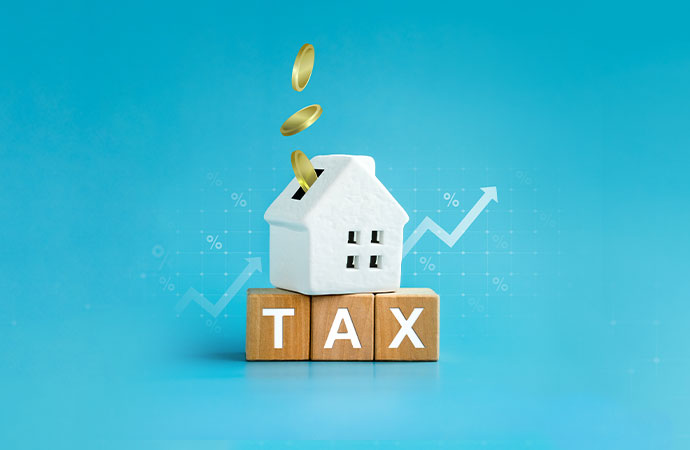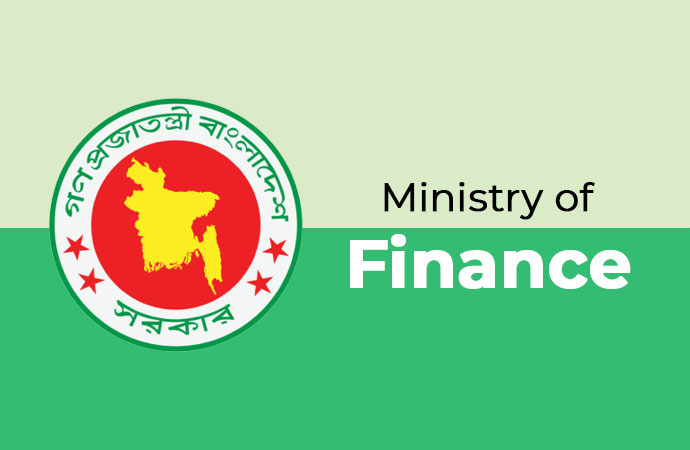Recent Changes in Property Registration Taxes and Fees in Bangladesh
The landscape of real estate transactions in Bangladesh has witnessed a significant shift due to recent changes in property registration taxes and fees. As a critical aspect of property acquisition, these alterations have classifications that touch buyers, sellers, investors, and the real estate market as a whole.
In this article, we focus on the key modifications, their implications, and how individuals can navigate this transformed scenario with the expertise of companies like Assure Group.
Understanding Property Registration in Bangladesh
Property registration is an integral step in the real estate process, ensuring legal ownership and protection of rights. It acts as an official record of property ownership and transactions.
Historically, the process involved a specific structure of taxes and fees, which have now been subject to revision.
| Areas | Tax Rate (Before) | Tax Rate (Now) |
|---|---|---|
| In Dhaka City | 4 percent | 8 percent |
| Other District | 3 percent | 6 percent |

Property Registration Before the Changes
Property registration taxes and fees were structured in a certain way, often based on the property's value, size, and location. Prior to these revisions, individuals purchasing property in Dhaka's prime areas including Gulshan, Banani, Motijheel, Dilkhusha, North South Road, and Mohakhali were subject to a 4 percent tax on the deed value or Tk 10.8 lakh—whichever was higher—for the registration of each katha.
A 20-25% down payment of the property's total cost is tax-free and covers the initial purchase. VAT payment for property varies on size and price. Flats under 1600 sq ft incur 2% VAT based on deed value; larger flats apply 4.5%. VAT isn't relevant for land purchases unless it involves a developer or real estate firm, in which case it's 2-3%.
Recent Changes in Property Registration in Bangladesh
The government's recent changes in property registration taxes and fees mark an effort to modernize and optimize the system. These changes aim to streamline the process, ensure fairness, and align with the country's economic and developmental goals.
Finance Minister AHM Mustafa Kamal suggested doubling the property registration tax in the upcoming fiscal year to boost government revenue.
In his budget speech for fiscal 2023-24, he suggested raising the property registration tax in various areas, including Dhaka, Chattogram, Narayanganj, and Gazipur, to 8 percent from the existing 4 percent.

Implications for Real Estate Transactions
The implications of these changes are far-reaching. For property buyers, the adjustments might influence affordability and financial planning. Sellers may need to reevaluate pricing strategies to accommodate the revised costs.
Investors, who base their decisions on financial viability, will also need to consider how these changes impact their returns on investment.
Steps to Successfully Adapt to the Changes
Adapting to the new property registration tax and fee structure requires a thoughtful approach.
Potential steps might include:

-
Research and Understanding
Gain a clear understanding of the new regulations, their implications, and how they specifically affect your property transaction. -
Financial Planning
Reassess your budget and financial plans to accommodate the revised costs, taxes, and fees. -
Professional Guidance
Seek expert advice from real estate professionals and companies like Assure Group to navigate the changes effectively. -
Review Contracts
If you're in the middle of a transaction, review and adjust contracts to reflect the new tax and fee framework. -
Stay Informed
Keep up-to-date with any further developments or adjustments in property registration taxes and fees.
The Future Outlook
To understand the future outlook more accurately, you should refer to recent sources, economic analyses, and expert opinions that cover the specific changes in property registration taxes and fees in Bangladesh and their implications.
Keep in mind that economic and policy situations can evolve rapidly, so staying updated with current information will provide you with a clearer picture of the government's direction and its potential impact on various aspects of the economy.










